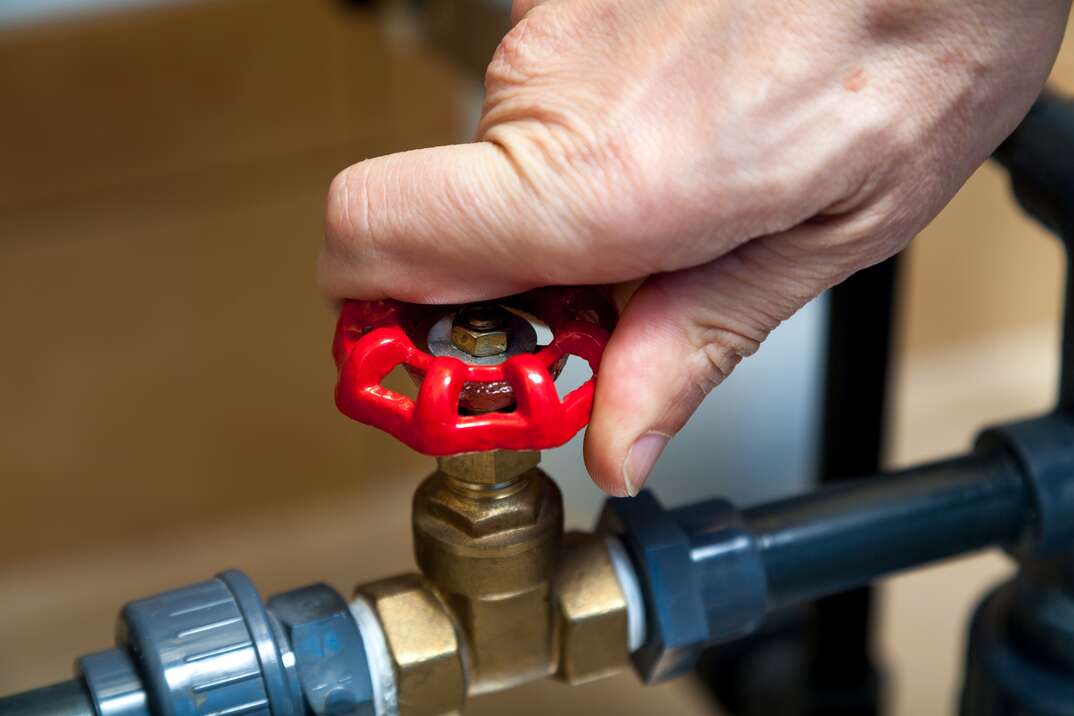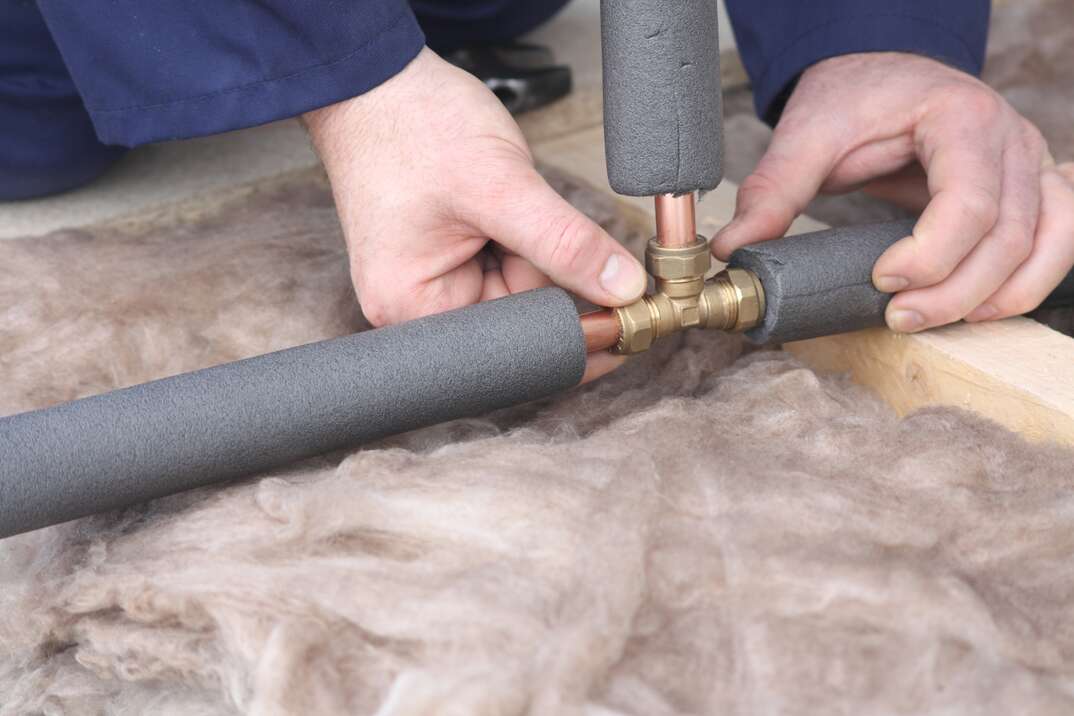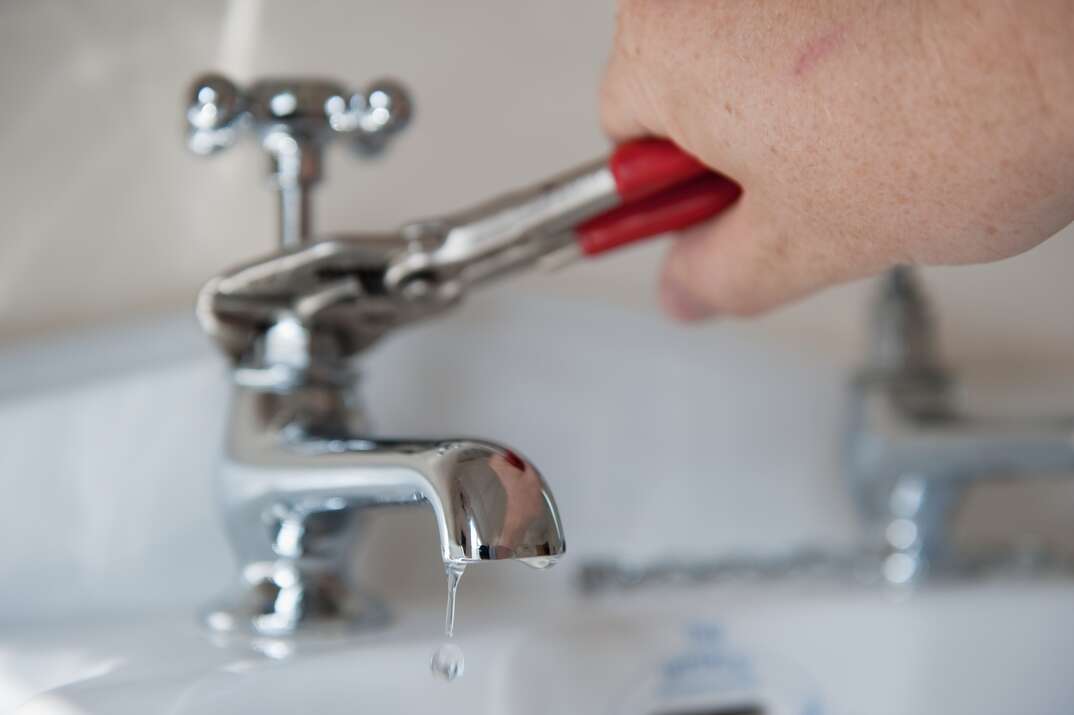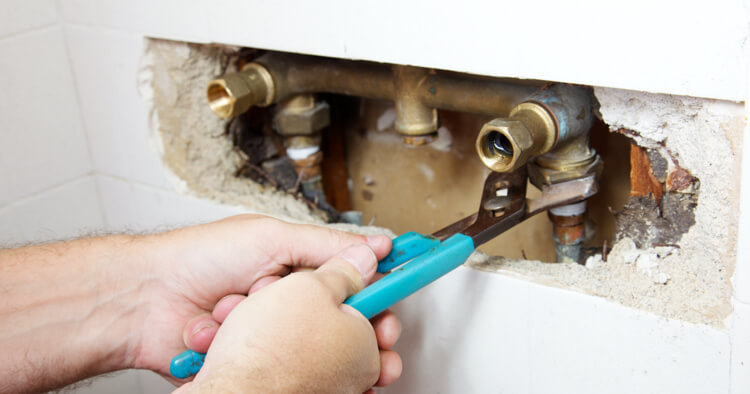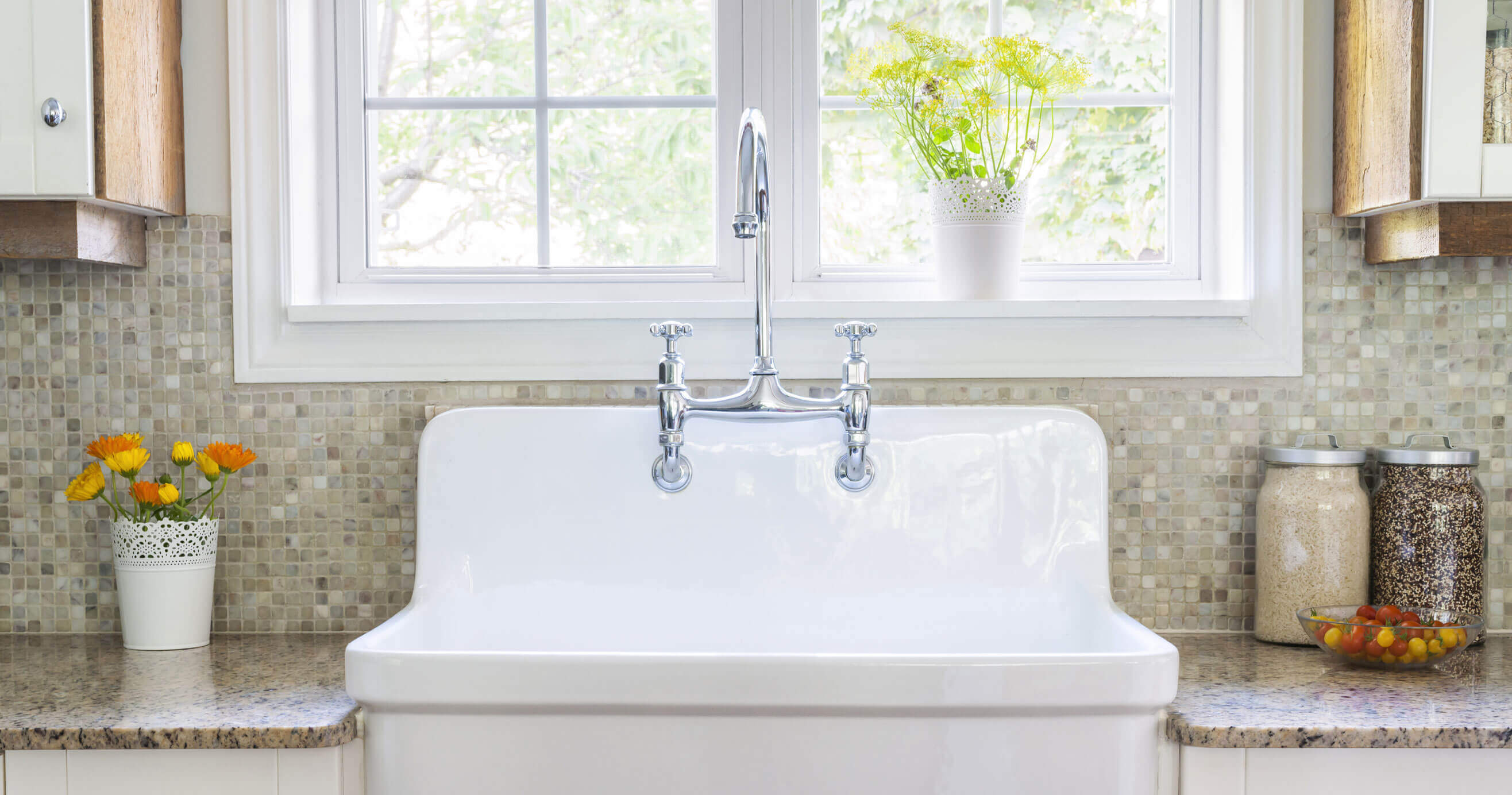Pipe Burst? Here's What to Do Next
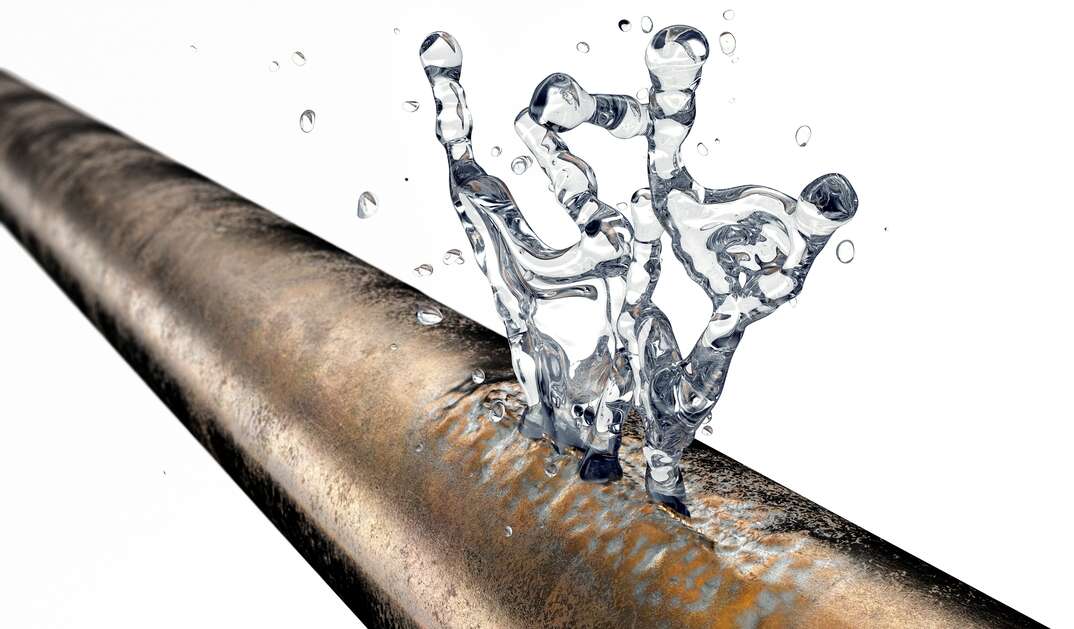
There's nothing worse than that sinking feeling that sets in when you notice water dripping from your ceiling or — worse — gushing from a broken pipe. Many homeowners find themselves panicking as they start to tally up the water damage repair costs. Fortunately, a bit of forward planning can help you avert a total plumbing disaster.
This May Also Interest You: Prevent Frozen-Pipe Problems by Knowing These Things Down Cold
If a water pipe bursts in your home, it's important to act quickly to prevent serious water damage to your house and belongings. Knowing what to do when you have a broken water pipe can save you a lot of money on costly plumbing and building repairs.
What Happens When a Pipe Bursts?
There are several reasons that your pipes could burst, though one of the leading culprits is ice. When the temperature outside dips below freezing, the water in your pipes can freeze, too. When water freezes, it expands, putting significant pressure on your pipework.
When your pipes freeze for the first time, they may withstand the added pressure without any adverse effects. However, allowing your pipes to freeze repeatedly will gradually weaken them as they expand and contract, eventually causing them to burst or crack.
Other potential causes of burst pipes include:
- Corrosion
- High water pressure
- Blockages
- Invading tree roots
Whatever the reason for a burst pipe, spotting it early is crucial for protecting your home.
How Do You Know If Your Pipes Have Burst?
When you mention broken pipes, most people imagine water gushing dramatically from the wall or ceiling. However, the first signs are often subtler. It's a good idea to look out for the less obvious symptoms of a major leak.
When a water pipe bursts, moisture starts seeping into your floors, ceilings and insulation, causing significant damage. Eventually, mold and mildew start to flourish, creating a potentially hazardous living environment. If you find yourself wading through puddles of water on the floor or can hear water bubbling inside the walls, you won't be left in any doubt as to whether you have a burst pipe.
Other, less obvious signs include:
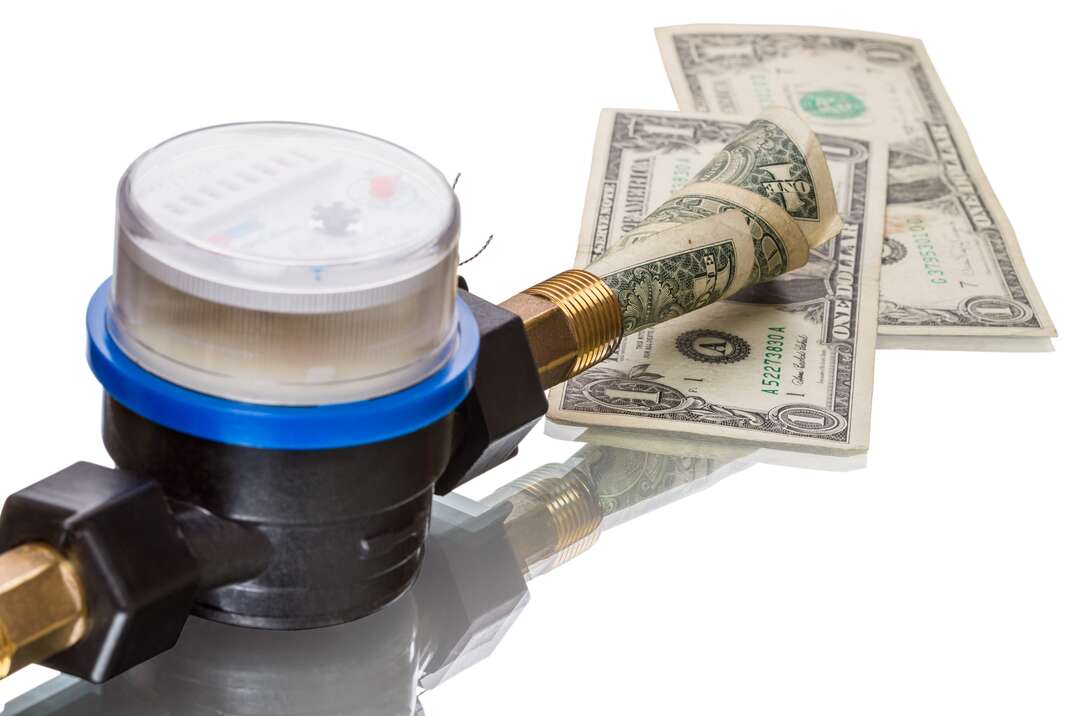
Unexplained Hike in Water Bills
If your water bill suddenly shoots up for no apparent reason, it could be a sign of a burst water main. As water seeps out of the pipe, it sends your water usage sky high. Any unexpected increase in your water bills warrants further investigation.
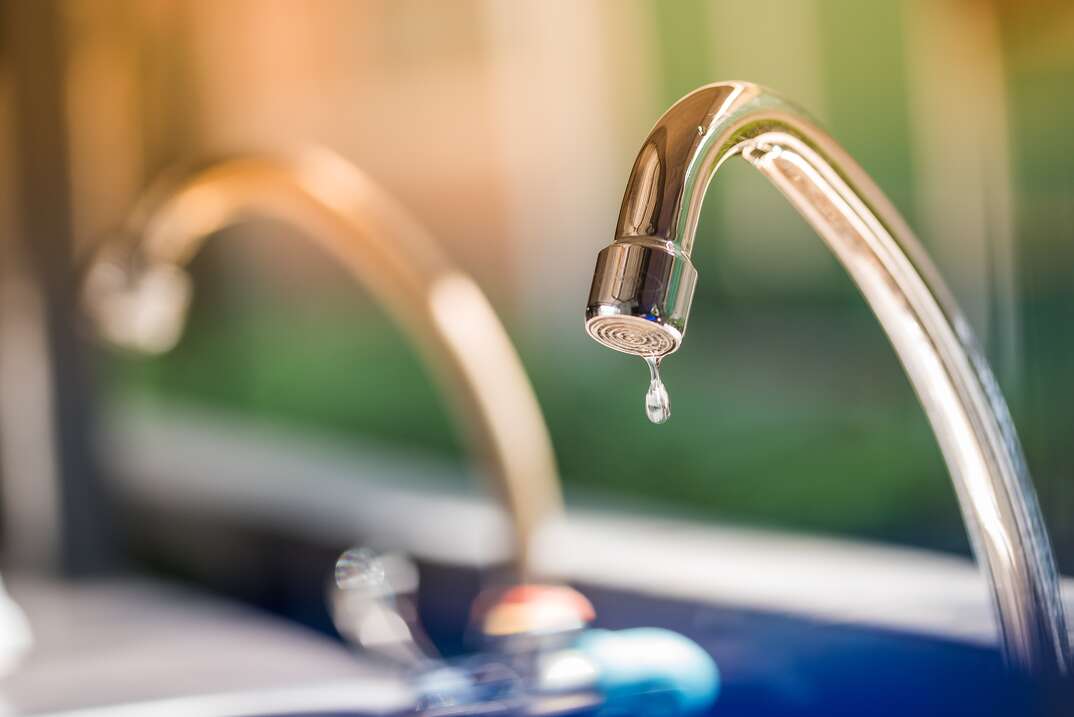
Reduced Water Pressure
A broken water main or burst pipe means your system must work harder to maintain a supply to your faucets and other fixtures. Therefore, reduced or uneven water pressure could be a sign that you've got a leak. While there are a few potential causes of dodgy water pressure, it's important to find the reason quickly to prevent water damage.
No Flow
Reduced water pressure is inconvenient enough, but you may suddenly find that you have no water flow at all. One of the most likely reasons for a complete lack of running water is a frozen pipe. You should defrost your pipes as quickly as possible to stop them from bursting.
If you can access the frozen pipe, you could try defrosting it yourself. Turn on the central heating to around 70 degrees and use a gentle heat source like a hairdryer or infrared lamp to warm the pipe up gradually — never use a blowtorch or other open flame. If the pipe is inaccessible or your efforts aren’t fruitful, call a plumber to defrost the pipes for you.
Damp Patches in Your Home or Yard
As water flows out of a burst pipe, you may notice damp or discolored patches on your walls, floors or ceilings. If the leak happens under a tiled floor, it could make the tiles feel wobbly or unstable.
Don't forget to look for exterior signs of a burst pipe. Depending on the location, you may also see puddles, depressions or wobbly pavement in your yard.
More Related Articles:
- How to Thaw Frozen Pipes
- Plumbing Repair Cost Guide
- 15 Common Plumbing Problems Every Homeowner Needs to Watch Out For
- Why Are My Water Pipes So Noisy?
- 4 Ways You Can Fix a Leaking Pipe
What Do You Do If Your Pipes Burst?
As soon as you see the signs of a pipe burst in your house, you should immediately turn the water supply off at the main. If you have a minute, locate your stopcock now so you're able to find it fast in an emergency. Turning the water off stops the flow to your pipes and prevents more water from seeping into your home.
Next, call an emergency plumber to locate and fix the burst pipe. While you can often repair minor leaks yourself, a burst pipe requires urgent diagnosis and replacement by a professional.
While you wait for the plumber, there are steps you can take to reduce the damage. Start by moving furniture and any valuable items as far away from the burst pipe as possible. Doing this will also make it quicker and easier for the plumber to access the problem area when they arrive.
If you can see and access the leak, plugging it with rags can staunch the flow and protect your walls and insulation. You can reduce damage to your floor by placing buckets to catch any flowing or dripping water. Use towels to dry any puddles.
Protect Your Home Long-Term
Prevention is better than cure when it comes to frozen pipes and broken water mains. Fortunately, there are some simple and cost-effective ways to prevent major leaks and protect your home:
- Use insulation to prevent freezing pipes
- Keep your central heating on when outside temperatures drop below freezing
- Repair small leaks quickly
- Resolve clogs and corrosion as soon as you notice them
Being prepared with a plumbing plan from HomeServe can help you handle unexpected plumbing emergencies. When you have a plan in place, simply call our 24/7 hotline to get connected with pros who can get your system up and running again. See what plans are available in your area.
